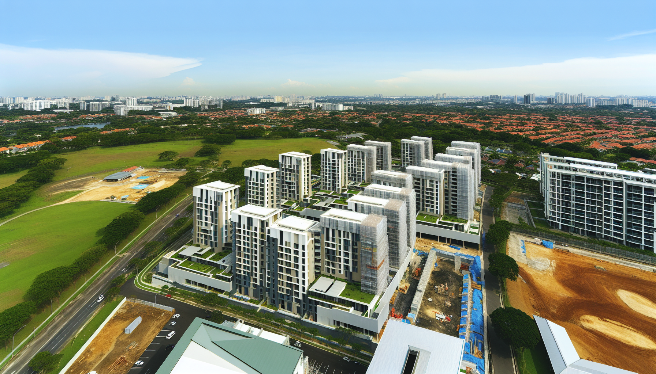Affordable housing is one of those issues that’s as crucial as it is complex. Various policies have been put in place to try and tackle the problem, but they haven’t come without their share of criticism. Let’s dive into some of the most poignant critiques out there.
One-Size-Fits-All Approach
Many affordable housing policies are criticized for a kind of cookie-cutter approach that fails to take into account the unique needs of different communities. What works in a bustling city like New York might not cut it in a quieter, rural area. This lack of flexibility often leads to solutions that don’t align well with the specific problems faced by local populations.
Displacement and Gentrification
Affordable housing projects can sometimes have the unintended consequence of gentrification. As new developments attract a wealthier crowd, property values can rise, and original residents might find themselves priced out of their own communities. It’s a tough pill to swallow when a policy meant to help could actually lead to displacement.
Underfunding
Talk is cheap, but affordable housing is not. One common criticism of affordable housing policies is that they are often underfunded. When the money isn’t there to support the initiatives fully, projects can be delayed or executed poorly, leading to fewer available housing units than what is actually needed.
Quality of Housing
In the quest to make housing affordable, sometimes quality gets the axe. Affordable shouldn’t mean substandard, but unfortunately, that’s not always the case. Critics point out that some affordable housing units are built with low-quality materials or lack important amenities, which can make them less than desirable places to live.
Bureaucratic Red Tape
The sheer amount of bureaucracy that can come with affordable housing policies is enough to make anyone’s head spin. Critics argue that the complicated application processes and eligibility requirements often make it difficult for those who need affordable housing the most to actually access it. Simplifying these systems could go a long way in making sure help gets where it’s needed promptly.
Ignoring the Root Causes
Finally, some argue that affordable housing policies are like putting a Band-Aid on a gunshot wound—they address the symptom, but not the cause. Affordable housing is often a response to deeper systemic issues such as income inequality, lack of economic opportunities, and rising living costs. Without tackling these problems, we’ll likely be dealing with the affordable housing crisis for a long time to come.
Navigating the world of affordable housing can be as frustrating as it is necessary. While critiques help us understand the gaps and flaws present, the ultimate goal should be to work towards policies that are as inclusive, fair, and effective as possible. It’s a challenging journey ahead, but it’s one that’s critical for the health and wellbeing of our communities.



